Is Your Heart Broken?
Addiction isn't about the substance you chase; it is about the feelings you run away from.
I spent over 30 years running away from the searing pain of exclusion.
What could be worse than feeling:
Left out.
Ignored.
Discarded.
Neglected.
Rejected.
These feelings ache inside the heart.
I remember one exact moment, and it only took 30 seconds, when my little heart began to ache. I was 7 years old.
My father told me, "There's no way you're my real son."
How does a 7-year-old process the gravity of that statement? The answer is he doesn't.
He begins to hate who he is. He begins to hide who he is.
He begins to view the world as if he doesn't belong.
I'm here to tell you that the constant, low-grade anxiety of feeling out of place in the world is enough to drive one to crystal meth addiction.
Crystal gave me the magic cure that wiped away the heartache and gave me confidence, inclusion, sexual escapades, and pain relief.
Until the come-down.
Then I was left hollow, and my heart ached on a deeper level as I watched my life crumble, the relationship with my kids with it.
Are you using meth to relieve heartache? Are you ready to heal?
This week's podcast is so good. You'll want to grab a notebook, take notes, and listen to it again. Melissa McCracken is the REAL DEAL. They have helped chemsex addicts from the trenches for more than a decade.
Listen to the pod here:

Watch the podcast here:
PODCAST STUDY GUIDE:
Early Trauma and Addiction
The conversation explains how early childhood experiences shape our adult behaviors and relationships.
When we experience rejection, neglect, or trauma in our formative years, these "little traumas" create lasting impressions that influence how we view ourselves and interact with others.
These experiences often manifest as invisible injuries – wounds that can't be seen but profoundly impact our lives. Unlike a broken arm that receives immediate attention and care, emotional injuries often go unacknowledged and untreated, making them particularly pervasive in shaping our life patterns.
Understanding these early experiences becomes crucial in recognizing how they continue to influence our present-day behaviors and relationships.
The Power of Perspective
Recovery emerges as a journey back to one's authentic self, requiring both courage and compassion.
This process involves more than just abstaining from substances; it demands a fundamental reevaluation of who we are beneath the layers of trauma and adaptive behaviors.
Recovery provides an opportunity to make meaning from suffering, transforming past pain into purpose. This perspective shift becomes crucial in healing – seeing challenges as obstacles and opportunities for growth and self-discovery.
The ability to direct our attention consciously and choose where we focus our energy becomes a powerful tool in recovery.
The Impact of Belonging and Acceptance
The complexity of addiction extends far beyond simple substance use or behavioral patterns.
At its core, addiction often represents a desperate search for belonging and acceptance. Many individuals, particularly those from marginalized communities or with early trauma, use substances as a way to escape the pain of disconnection temporarily or to finally feel included.
The conversation highlights how trauma and shame create cycles that perpetuate addictive behaviors, making recovery a complex process that requires addressing both past wounds and future direction.
The temporary sense of belonging found in addiction often masks a deeper need for authentic connection and acceptance.
The Role of Relationships in Recovery
Relational trauma often leads to people-pleasing behaviors and difficulty setting boundaries in adulthood.
These patterns, while originally developed for survival, can hinder authentic connection and healing.
Recovery involves learning to form healthy relationships while processing both the harm we've experienced and the harm we may have caused others.
This healing happens best in community, where shared experiences and mutual support create opportunities for genuine connection and growth.
Establishing healthy boundaries while maintaining authentic connections is crucial for recovery.
Understanding Triggers as Teachers
Understanding triggers and emotional reactions becomes a crucial part of the recovery journey.
Current emotional reactions often connect to past experiences, particularly those from childhood.
By approaching these triggers with curiosity rather than condemnation, they become opportunities for healing and growth.
This perspective allows individuals to see their challenges not as personal failures but as invitations to deeper understanding and transformation.
Every trigger presents an opportunity to heal and grow when approached with awareness and compassion.
A tool I use with clients is the Overwriting Limiting Beliefs Exercise to understand your emotinal trigger and tie it to your addiction. Free download below!
Hope you enjoyed this episode as much as I did. Please reply to this email and let me know your thoughts and if our discussion sparked any positive change in your recovery journey!
Dallas 💚
Reflective Questions
- What are some of your earliest memories of feeling "different" or rejected, and how might these experiences influence your current relationships?
- How do you typically respond to perceived rejection or abandonment? Can you trace these responses to earlier life experiences?
- What beliefs about yourself do you carry that might have originated from childhood experiences?
- In what ways have you been seeking belonging or acceptance through harmful behaviors?
- What would it mean for you to live with more authenticity and alignment with your true self?
Journal Prompts
- Write about a time when you felt deeply understood and accepted. What made this experience different from others?
- Describe your "mud on the windshield" - what experiences have clouded your view of yourself and the world?
- Reflect on a recent trigger or emotional reaction. What earlier experience might this be connected to?
- Write a letter to your younger self at the point of your earliest remembered heartbreak. What would you want them to know?
- What does "living in integrity with who you are" mean to you? What would that look like in your daily life?
Action Exercises
- Cave Reflection Exercise
- Find a quiet space
- Write down the "shadows" you've been watching (patterns you keep repeating)
- Identify one small step toward "walking out of the cave"
- Take that step this week
- Attention Direction Practice
- Set aside 10 minutes daily
- Notice where your attention naturally goes
- Practice deliberately shifting it to something positive
- Journal about the experience
- Boundary Setting Exercise
- List relationships where you often feel drained
- Identify one boundary you need in each
- Practice expressing these boundaries clearly
- Notice and record your feelings before, during, and after
- Identity Exploration
- Make three lists:
- Things you genuinely enjoy
- Values you want to live by
- Qualities others appreciate in you
- Look for patterns and themes
- Choose one aspect to express more fully this week
- Make three lists:
- Healing Connection Practice
- Identify one relationship needing repair
- Write down the "old story" you tell about it
- Challenge yourself to find a new perspective
- Take one small action toward healing
October 31, 2024
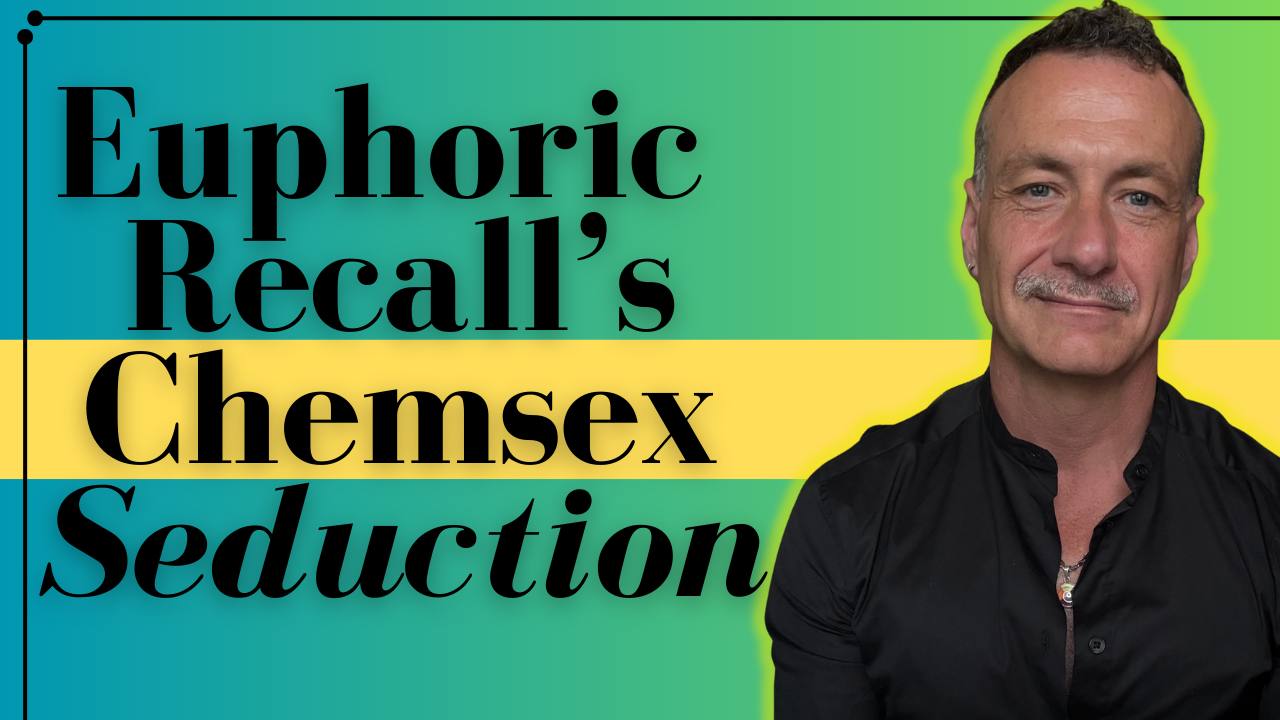
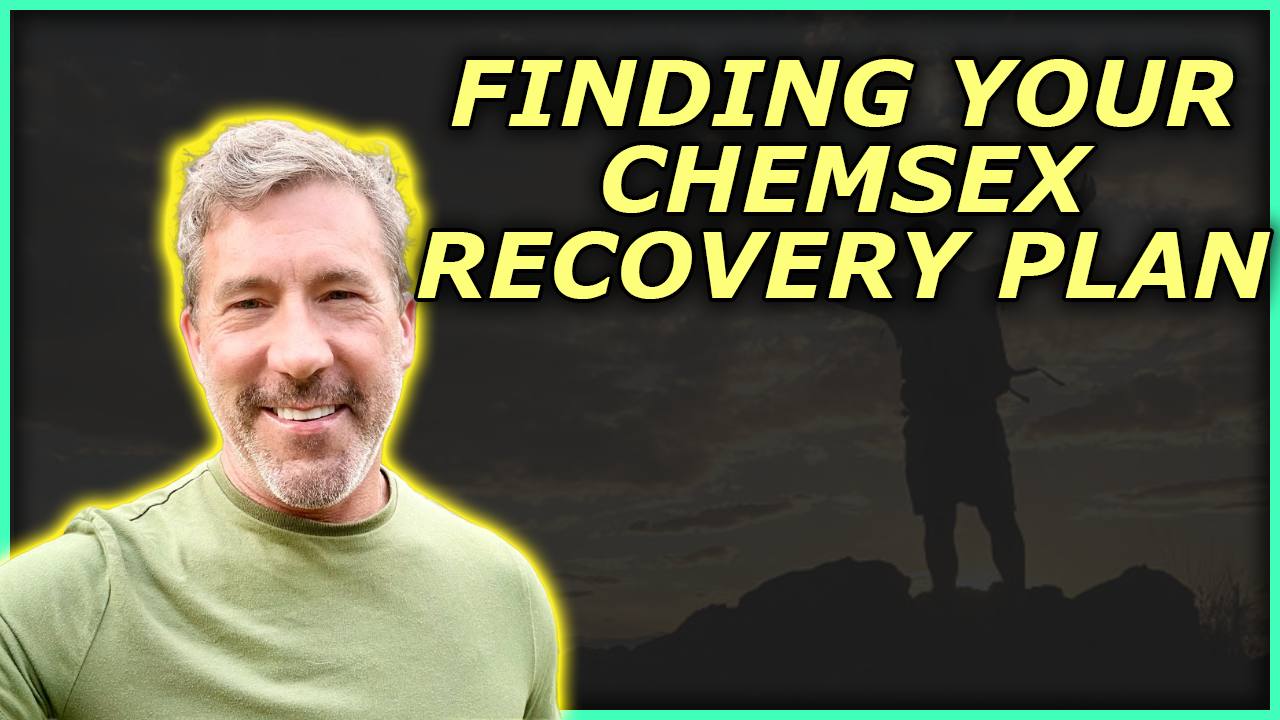
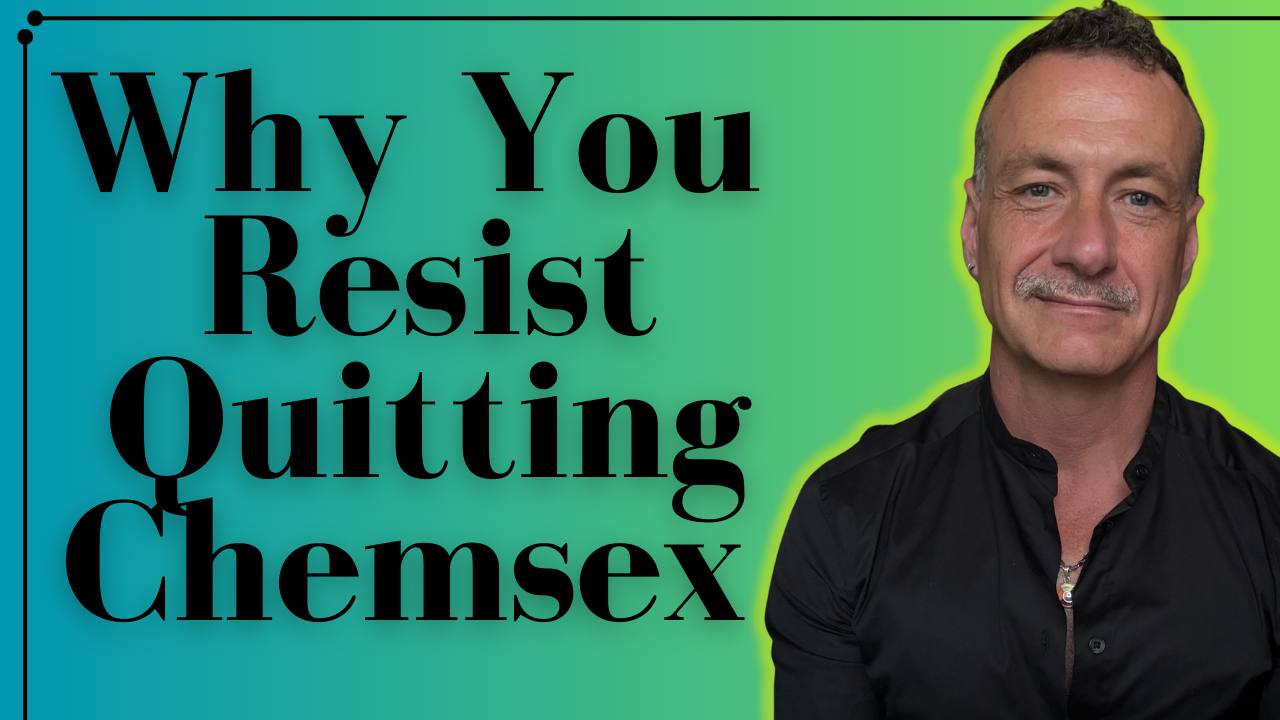
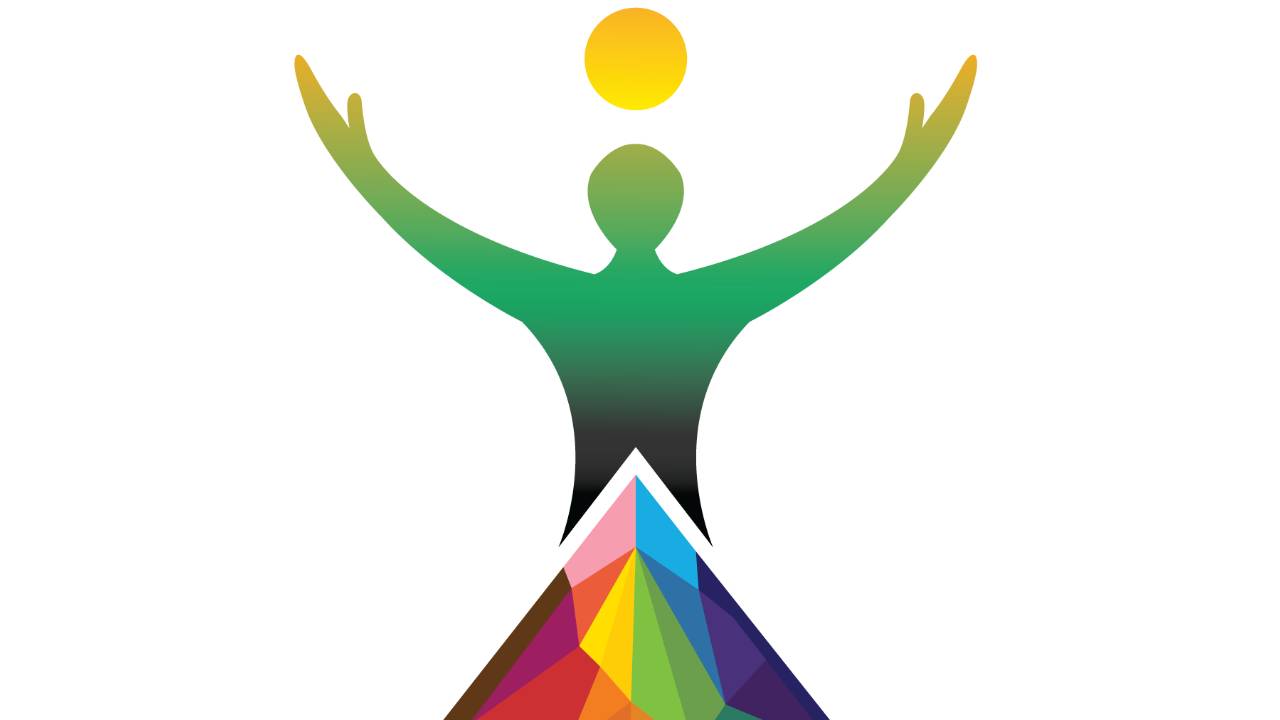
Responses